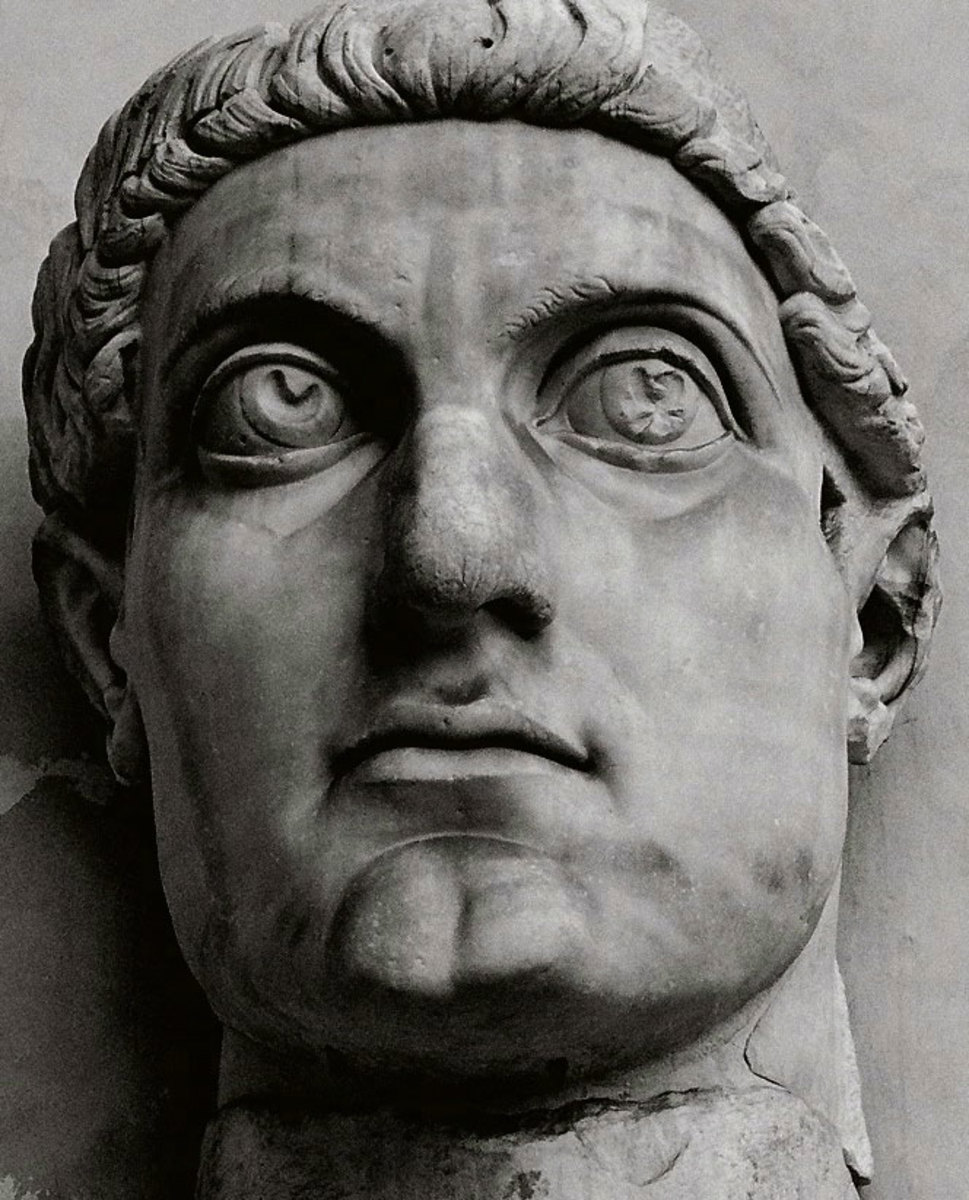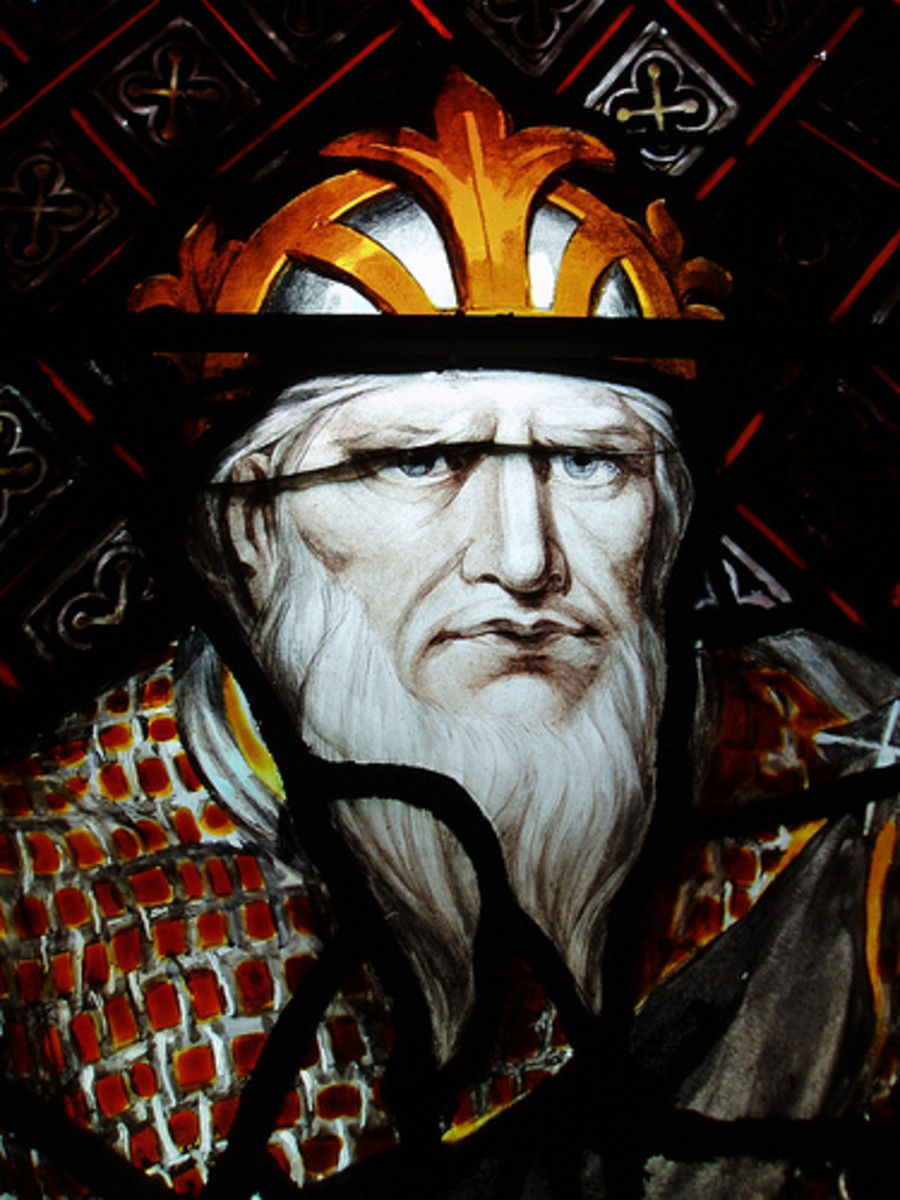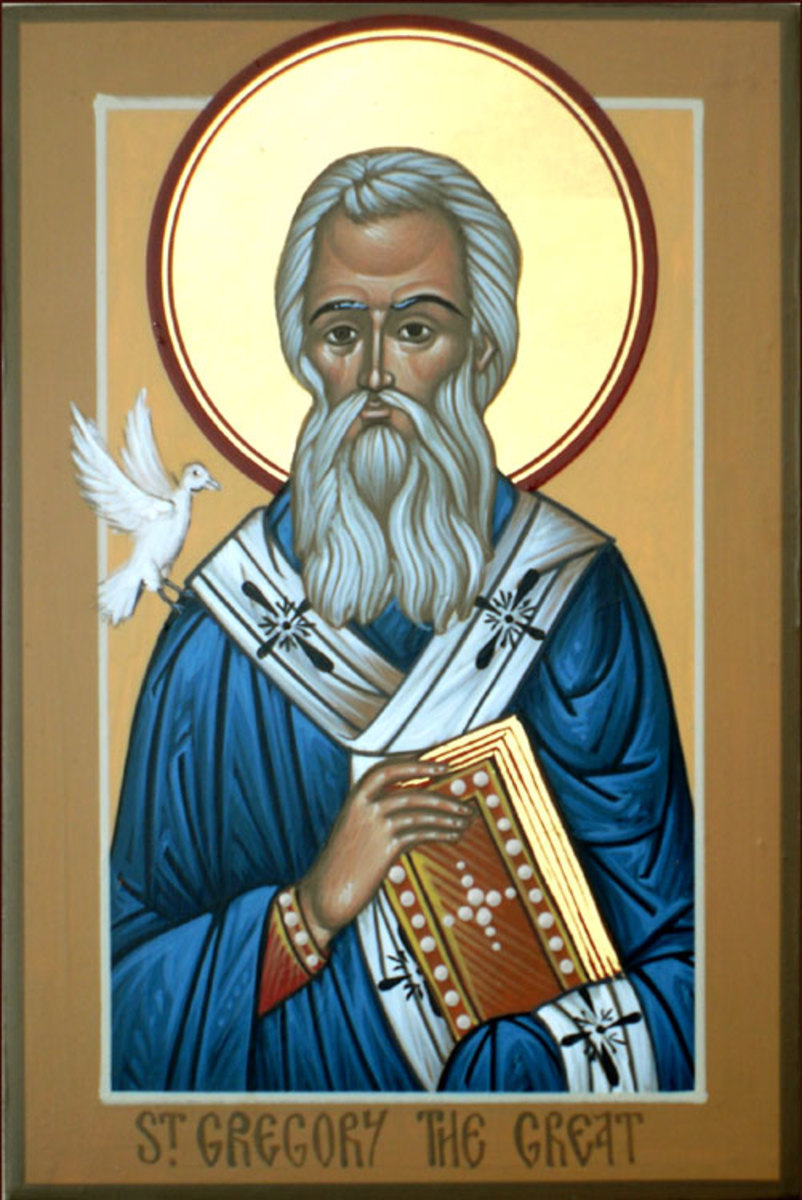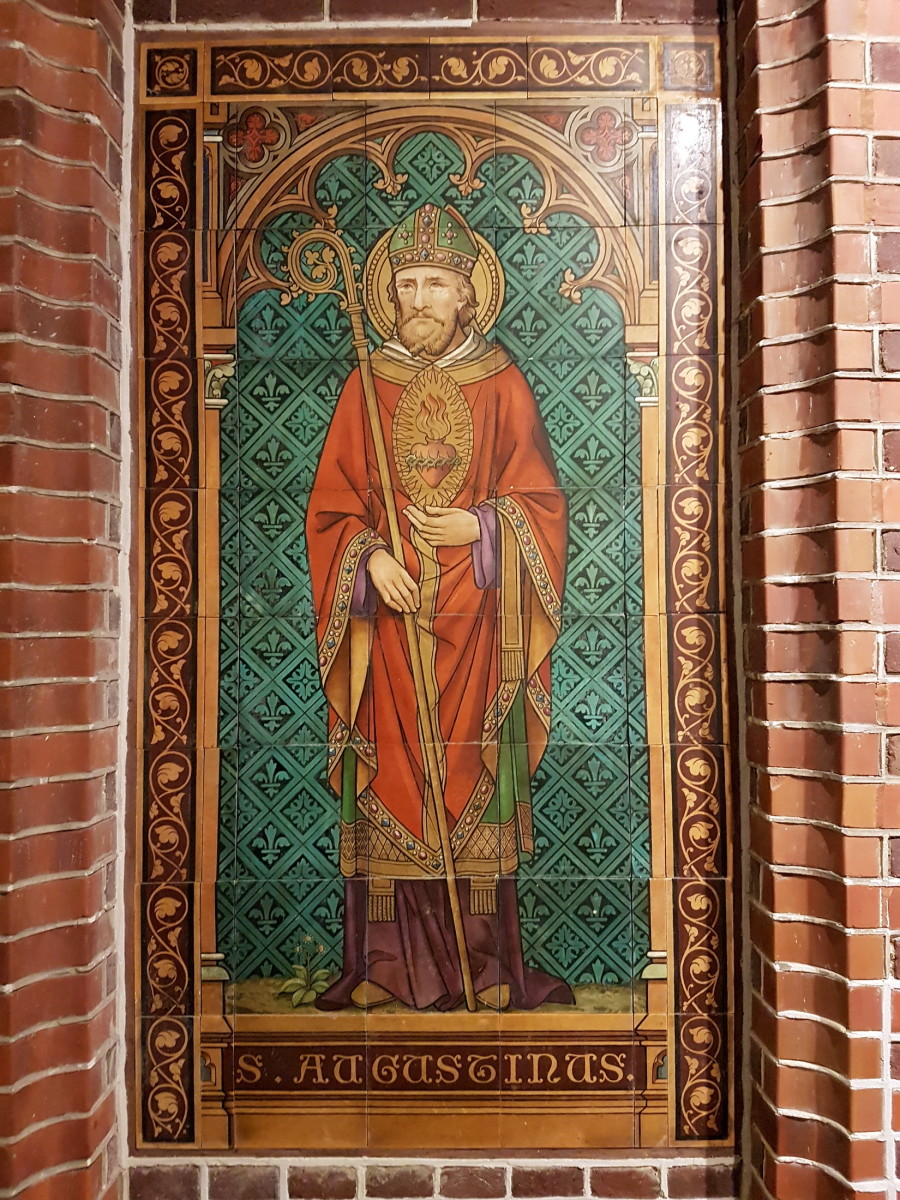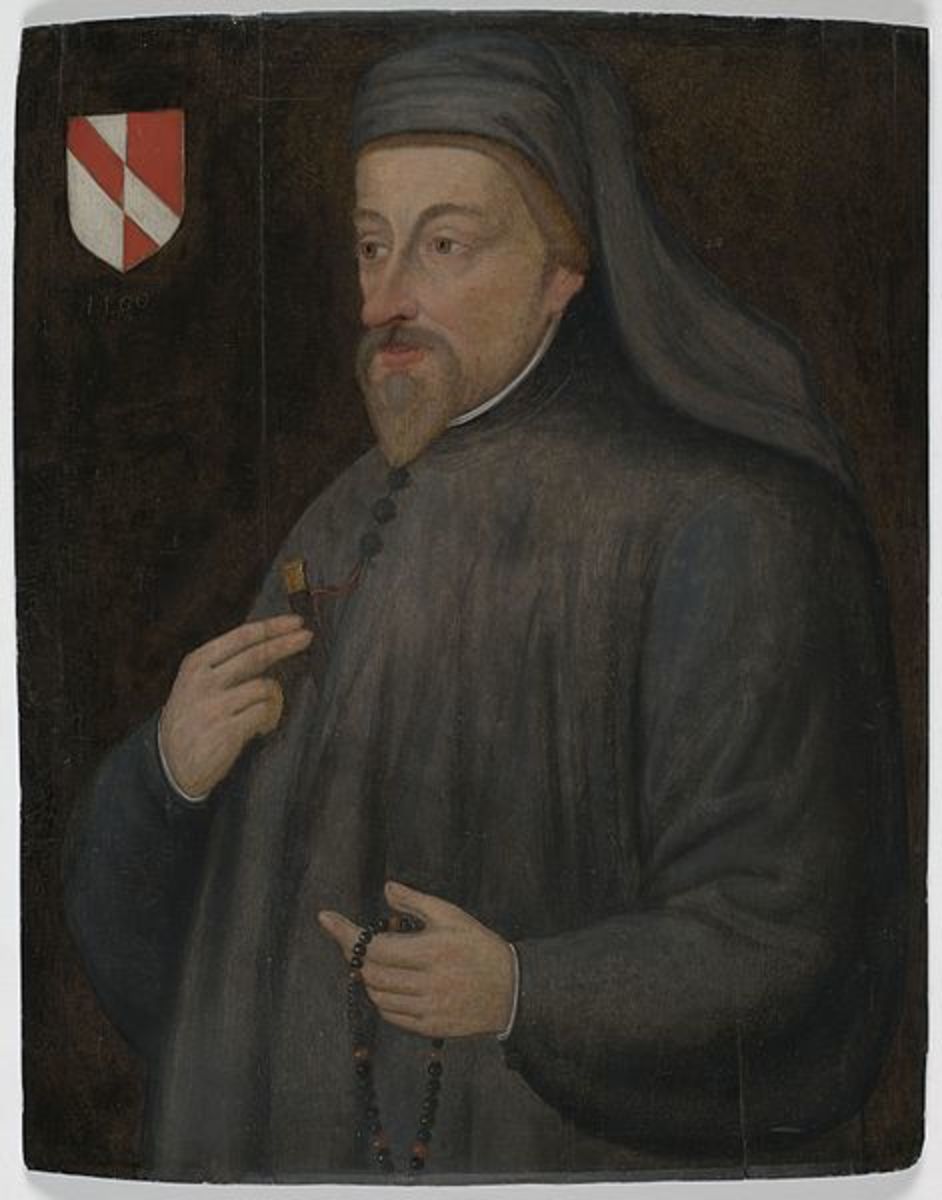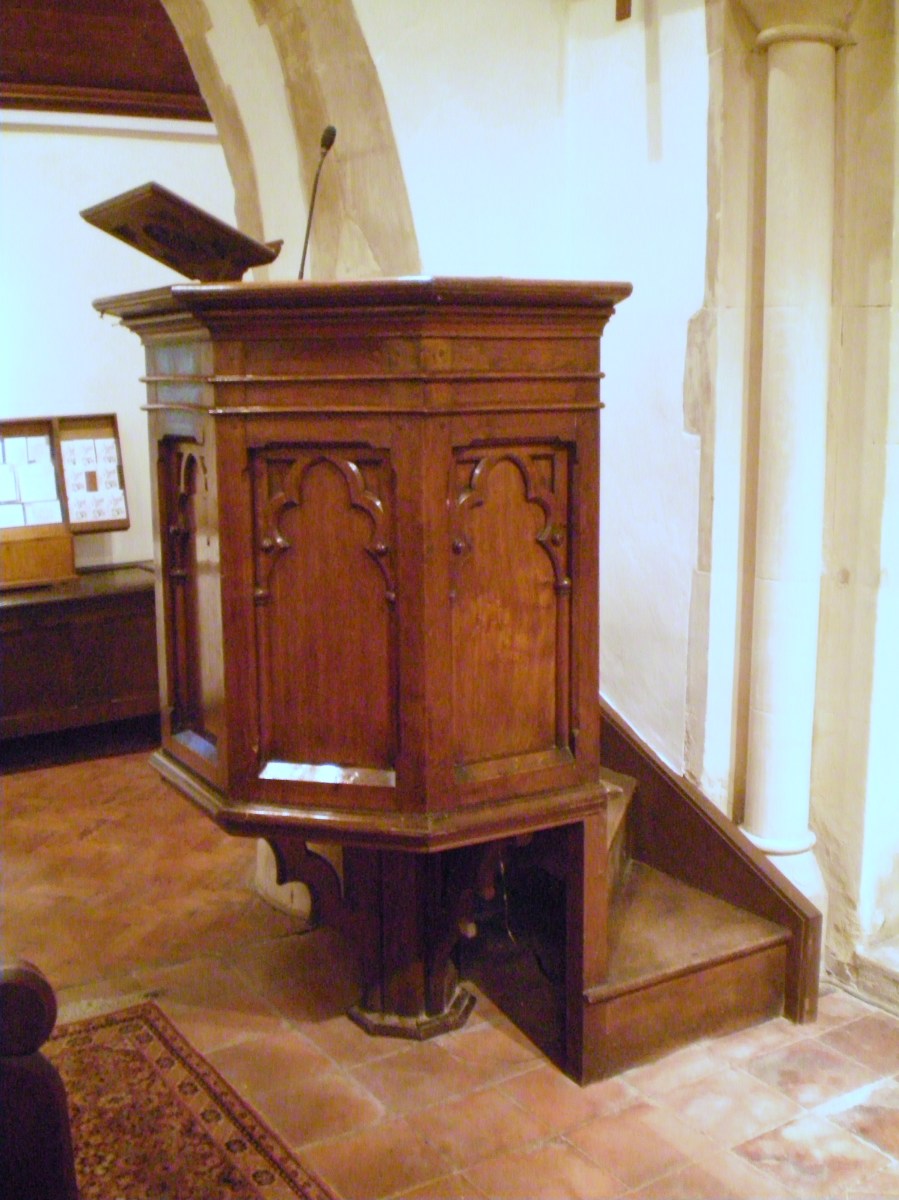St. Augustine of Hippo: biography and information
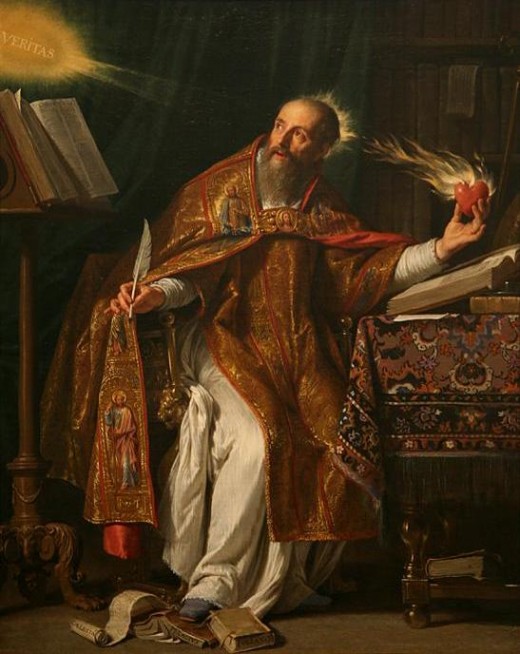
who was Augustine of Hippo?
Augustine of Hippo has been called one of the most influential church fathers of his day. He is also known as the greatest Latin Church father. His influence can still be seen today in both western churches and western culture. He was also called the “Doctor of the Church” in the Middle Ages. He has been called a great teacher, a great preacher, and a great writer. His life was one of conversion and controversy. When studying Augustine, one must consider his life, his writings, and his ministry.
Augustine was born in the North African town of Tagaste in 354.[1] His father was a Roman official named Patricius.[2] Although his father was a pagan until later in life, his mother was a praying Christian named Monica.[3] She prayed earnestly for her son, however, early in life he began running with a gang of boys who enjoyed causing trouble. He wrote later in life about times when they would steal pears and nibble on them. He explained that they did not do it because the pears were good. In fact the pears were not ripe. They simply did it to enjoy knowing that they had troubled someone.[4]
As he grew older his problems only grew worse. His parents sacrificed greatly to give him a good education. He studied first at Madaura. He was then sent to receive training in rhetoric at Carthage. Once again his problems arose from following the crowd. He did what many students did in those days. He took a concubine to be his mistress. At a young age he fathered a child out of wedlock in 372. He realized that he must take care of his son, Adeodatus, and his mistress. For this reason he moved to Carthage to become a teacher.[5] His sins caught up with him there. He had to deal with boys who acted much like he did as a boy. Realizing that he did not want to deal with unruly boys he moved to Rome without notifying his mother. The boys in Rome were supposed to be much better behaved than those in Carthage. This turned out to be true, but at the last minute the boys skipped off before Augustine was to be paid.
He finally moved to Milan in hops of finding a good teaching job. His mother found out that he was there and later joined him. It was in Milan that Augustine was exposed to Ambrose.[6] Ambrose was another great Church father. Augustine would go listen to Ambrose speak, and he would be amazed at how eloquent this great teacher was. He soon found that Ambrose knew more than how to speak and illustrate. He knew the power of God in his life. Little by little Augustine became more interested in this God that Ambrose spoke of. In 386 Augustine finally came to the crisis of conversion. He wrote later of the incident. He described that he went into a garden alone to think. He began to beat his breast and pull his hair. He thought it strange that he could control his hands but not his mind. He then heard a child nearby playing say one phrase over and over. That phrase was, “Take up and read.” Immediately Augustine found a New Testament nearby and began reading Paul’s letter to the Romans. The words that were emphasized were, “…but put on the Lord Jesus and do not follow the desires of the flesh.” He bowed his head and surrendered.[7]
Ambrose baptized Augustine and his son on Easter Eve of 387.[8] His mother wished him to send the mistress back to Africa. He obeyed her and did what she asked. They soon left to head back to their home, but Monica became ill and died. Not too much longer after that his son died as well.[9] He thought to become a monk and live a peaceful life, but the town of Hippo called him to be their bishop in 396.[10] He served there until his death in 430.
Augustine’s writings may be some of the most powerful and heartfelt writings of any of the Church fathers. His writings have even been compared to the writings of Plato, the great philosopher.[11] His writings include: Epistle 137, Discourses on the Psalms, On the Free Will, Confessions, On the Trinity, City of God, Retractions, De Doctrina Christiana, and many more. All together he left over one hundred books.[12]
Confessions is one of his most popular works. It is the primary reason that so much is known about Augustine. This has been called one of the world’s great autobiographies.[13] More is known about Augustine than any other Church father.[14] In Confessions he wrote about his life and conversion, as well as some doctrinal issues. This book has shed more light on his life than any biography could hope to.
On the Trinity is his major theological work. In this work he brought the Western treatment of the Trinitarian doctrine to completion.[15] He approached the doctrine from the nature of God. The Eastern Church especially had a hard time dealing with this doctrine. A major section of the book is devoted to analogies of the Trinity found in creation. Augustine considered this his hardest work.
Epistle 137 was one of many letters written to a pagan intellectual questioning him about the incarnation. In the letter he anticipated the Council of Chalcedon (451) on the doctrine of the person of Christ. He stated that Christ was one person in two natures. These natures were divine and human, yet there was no confusion of the natures. These letters greatly influenced Leo the Great, who had an impact upon the council and its statements.[16]
His greatest apologetic work and possibly most famous work is De Civitate Dei.[17] It is also known as City of God . This book is a Biblical approach to history. The main reason for writing the book was to defend Christianity against those who were blaming the fall of Rome on the rise of Christianity. In his book he explains that before Rome ever was God ordained his people. He tells that Rome was simply a tool God used to help his people. He explains that the Christians are only citizens of heaven. Ultimately he says that God gives the power to whom He will.[18] However, Middle Age rulers and church leaders misused this writing later. They used the book to support the Roman Church as the powerful city of God on earth.[19]
His last work took him four years to complete. Four years before his death he began to read all of his works over again. He now realized the impact that these writings would have as well as the opposition of his critics. He did something that few writers have ever done. He wrote a book called Retractions. It is more than an index. It is a critical evaluation of all of his writings. Augustine’s writings are known for self-examination. This may be why his writings have affected so many for so long.
Augustine’s life and writings accomplished much, but his ministry as Bishop of Hippo has also accomplished much. As stated earlier his life involved controversy. One of the first controversies that Augustine was instrumental in was the Donatist controversy. This centered on the teachings of Cyprian. He believed that the sacraments performed by an unholy bishop were invalid. When Augustine became bishop at Hippo, the Donatist church dominating his province of Numidia. Even in Hippo Catholics were in the minority. Augustine sought to bring these people back into the church through eleven writings and one song. He wrote that the validity of baptism did not depend upon the moral character of man, but upon God, who gave the sacrament. Augustine opposed using force to bring them back, but in 411 two edicts forced the Donatists to return to the church.[20] Augustine was convinced once he saw the unity that came with the return of the Donatists into the fellowship.
The next major controversy that Augustine was faced with was the Roman Paganism controversy. This controversy was started when King Alaric’s barbarian troops sacked Rome on August 28, 410.[21] The pagans began to blame the church for the fall of Rome. They said that by deserting the old gods, the Christians had opened Rome to attack. The Christians had nothing to say because they had claimed that God would protect the empire of the Christian emperors. An answer was demanded of Augustine. As mentioned before, this controversy led to the writing of City of God. This book was actually a compilation of twenty-two books. Even though it took twenty- two years to write, the crisis made it necessary for the first three to be put into circulation to answer questions.[22]
The last major controversy of Augustine’s life was the Pelagian controversy. Pelagius was a man from Britain. He came over to Africa among the refugees after the crisis in Rome. He taught that human nature was capable of perfection. He stressed that there was no original sin carried over from Adam. He also criticized Augustine’s view of dependence upon grace in Confessions as laziness. Augustine wrote thirteen works and letters against the Pelagians from 412 until his death.[23] Augustine led the Western church through the Pelagian controversy to a peak in theology. In this peak was the centralization of the grace of God. He helped move the church to a more biblical position on grace.
Augustine’s life, writings, and ministry helped guide the church through a very stormy time in Ecclesiastical history. He truly was a great leader, preacher, and teacher, but most importantly he was a man seeking God’s will for God’s church. One must wonder how different the church might be today had Augustine never repented.
[1] Earle E. Cairns, Christianity Through the Centuries (Grand Rapids: Zondervan, 1996), p. 139.
[2] J. D. Douglas, Who’s Who in Christian History (Wheaton: Tyndale House, 1992), p. 47.
[3] Roland H. Bainton, The Church of Our Fathers (Philadelphia: Westminster Press, 1950), p. 56.
[4] Ibid, p. 56.
[5] Ibid, p. 57.
[6] Douglas, p. 47
[7] Bainton, p. 58.
[8] Powell Mills Dawley, (New York: The National Council, 1950), p. 57.
[9] Bainton, p. 59.
[10] Douglas, p. 48.
[11] Will Durant, The Life Of Greece (New York: Simon and Schuster, 1966), p. 523.
[12] Cairns, p. 139.
[13] Palmira Brummett, Civilization Past and Present (New York: Longman, 2002), p. 147.
[14] Douglas, p. 47.
[15] Ibid, p. 48.
[16] Douglas, p. 49
[17]Cairns, p. 140.
[18]Brummett, p. 146.
[19] Douglas, p. 50.
[20] Douglas, p. 49.
[21]Ibid, p. 49.
[22] Ibid, p. 49.
[23] Ibid, p. 51.


